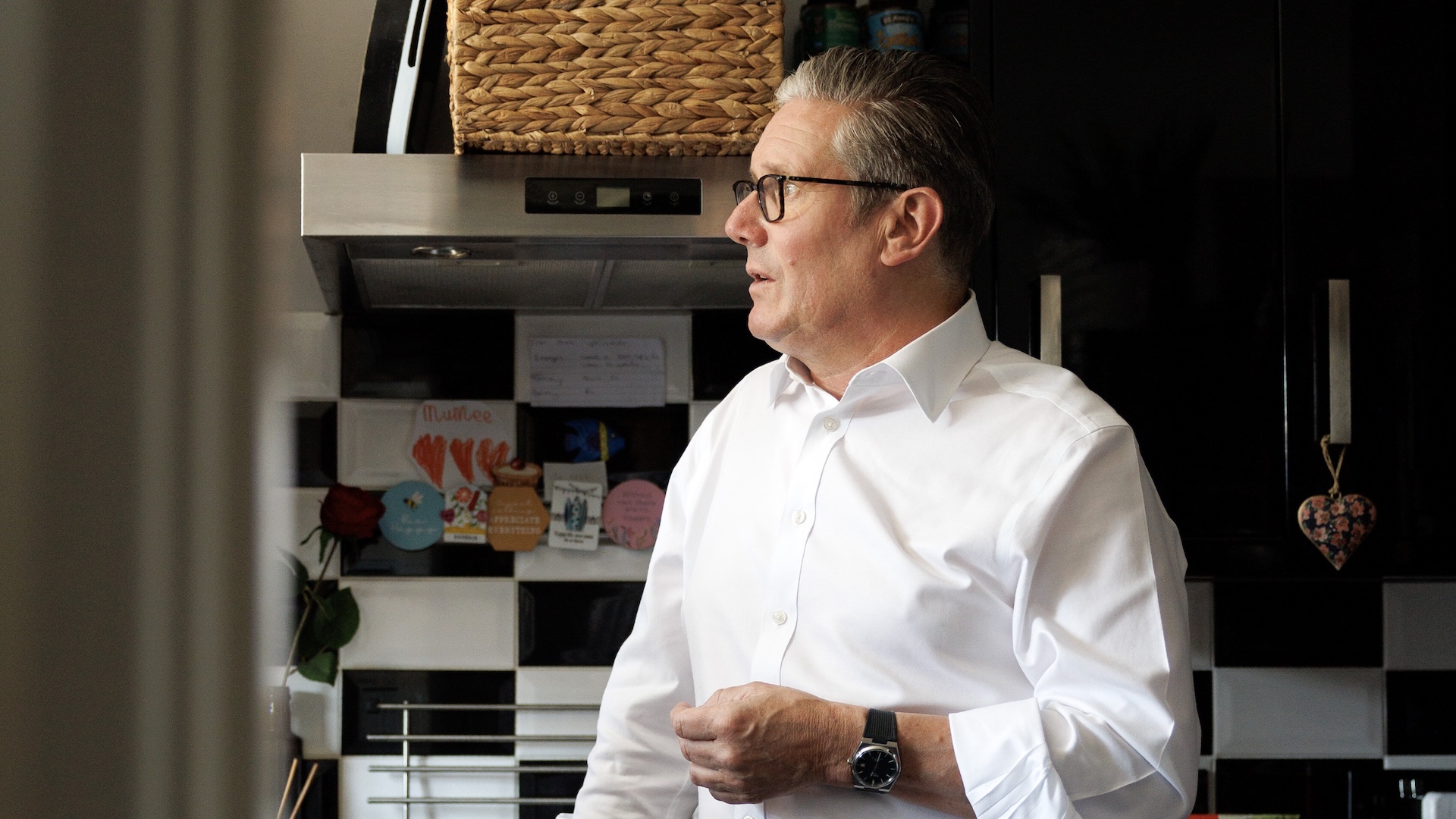In his response so far, Starmer has refused to budge. A Number 10 spokesperson said that “the system is currently failing people” and reiterated that they will continue plans to “reform welfare” and support people into work.
MPs who have put forward the amendment noted that the majority of additional employment support funding would not be in place until the end of the decade – and yet the government plans to cut people’s benefits from 2026.
Labour ministers want to tighten the eligibility criteria for personal independence payment (PIP) so that more than 800,000 people will lose the daily living element of the benefit from next year. They also plan to slash the health element of universal credit for new claimants, freeze it for current claimants and remove it for claimants under the age of 22.
Committee chairs and Labour MPs Meg Hillier, Debbie Abrahams, Helen Hayes, Sarah Owen, Florence Eshalomi and Paulette Hamilton have led on this amendment. They follow more than 40 Labour MPs who wrote to the prime minister last month saying that the cuts are “impossible” to support.
Starmer has faced a rebellion from his MPs before, often around his welfare policies. Seven Labour MPs voted for an SNP motion to scrap the two-child limit on benefits last July and subsequently lost the Labour whip.
Additionally, Starmer was forced to reverse his decision to deny pensioners winter fuel payments following significant backlash from within his party. But this could be the biggest rebellion the prime minister has faced yet.
Advertising helps fund Big Issue’s mission to end poverty
James Taylor, director of strategy at disability equality charity Scope, said: “We back all MPs and officials who oppose the government’s planned changes to the benefits system.
“Huge numbers of disabled people have spoken out against these cuts and backed our campaign. The government should go back to the drawing board.”
Taylor said disability benefit cuts would have a “catastrophic effect on disabled people’s health, ability to live independently or work”.
“At no point have disabled people been consulted on these changes. Life costs more if you are disabled, whether or not you are working. The government must change course,” he added.
There is an ongoing consultation into the welfare reforms announced as part of the government’s Pathways to Work green paper, but questions focused on plans for increased employment support rather than the cuts. The consultation does not close until 30 June.
The government’s own estimates suggest that 250,000 people will be pushed into poverty as a result of the cuts, including 50,000 children. The Joseph Rowntree Foundation goes further, suggesting that 400,000 could face poverty.
Advertising helps fund Big Issue’s mission to end poverty
Helen Barnard, director of policy at Trussell, said: “MPs who have signed this reasoned amendment are taking a stand for the disabled people, carers and food banks who are terrified at the potentially devastating impact of the bill.”
Trussell research shows that if the cuts go ahead, nearly half a million people will be pushed into severe hardship, at risk of needing to turn to a food bank.
“This government risks leaving a legacy of increased hunger and hardship,” Barnard said. “We would encourage as many as MPs as possible to join the ones who have already followed the evidence and the voices of their constituents and sign the amendment.”
Labour provided no evidence that its cuts to benefits will push people into work when the Office for Budget Responsibility (OBR) published its economic forecast in March.
The Resolution Foundation estimates that between 38,000 to 57,000 people will be pushed into employment as a result of the cuts, and a further 23,000 to 48,000 could find work with the additional employment support.
However, researchers stress even under a best-case scenario, “any increases in employment by the end of the decade will be far too small to fully offset the hit to family incomes”.
Advertising helps fund Big Issue’s mission to end poverty
Ayla Ozmen, director of policy and campaigns at anti-poverty charity Z2K, said: “It’s really encouraging to see that over 100 MPs are supporting a reasoned amendment that could halt the government’s rushed and dangerous disability benefit cuts.
“The government did not consult with disabled people about these proposals, and is now trying to rush the plans through parliament with limited scrutiny.
“The government cannot continue ignoring MPs’ concerns. We need responsible social security reform, not reckless cuts that will push over a million disabled people into poverty, or deeper into poverty.”
James Watson-O’Neill, chief executive of disability charity Sense, agreed that the welfare cuts would be “devastating” and he “applauded” MPs for pushing back against them.
“These plans risk pushing hundreds of thousands into poverty and isolation, while sending a deeply damaging message that disabled people are less valued in our society,” he said.
Sense is urging the government to listen to the voices of disabled people – and their own MPs who are opposing these cuts – and to urgently rethink its proposals for welfare reform.
Advertising helps fund Big Issue’s mission to end poverty
Watson-O’Neill said: “Disabled people are telling us they’re worried they won’t be able to heat their homes, put food on the table, or afford the therapies they rely on. These are not luxuries – they are basic needs.”
Promises are easy to break. Sign Big Issue’s petition for a Poverty Zero law and help us make tackling poverty a legal requirement, not just a policy priority.
Do you have a story to tell or opinions to share about this? Get in touch and tell us more. Big Issue exists to give homeless and marginalised people the opportunity to earn an income. To support our work buy a copy of the magazine or get the app from the App Store or Google Play.





